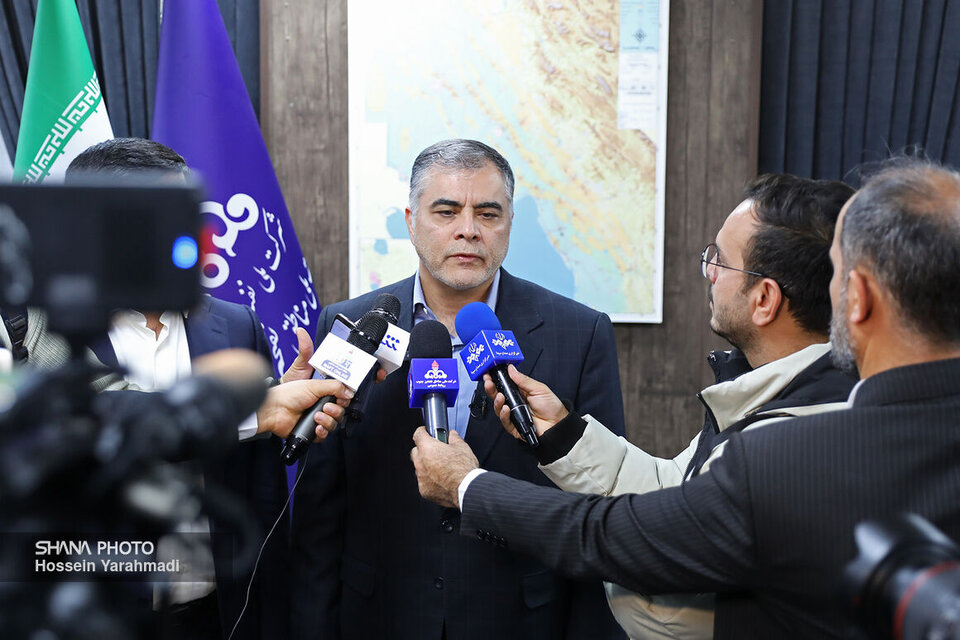Speaking to reporters on Thursday after a meeting with senior executives of the National Iranian Oil Company (NIOC), Paknejad highlighted key initiatives undertaken during his visit.
He announced the inauguration of the second phase of the Ahvaz Central Desalination Unit, which has a total capacity of 220,000 barrels per day.
The completion of this phase adds 110,000 barrels per day to the processing capacity of salty crude oil. Paknejad noted that this project will enable the reactivation of several wells previously deemed unusable due to salty crude production, ultimately contributing to an increase in the country’s crude oil output. By the end of the year, this initiative is expected to boost production by over 40,000 barrels per day.
The minister emphasized that more than 80% of the equipment used in the Ahvaz Central Desalination Unit was domestically produced, with all contractors, consultants, and executors being Iranian. He described the unit as the largest desalination facility in the country’s oil industry, adding that the inauguration ceremony was attended online by the president.
Efforts to address public concerns
Paknejad recounted his participation in the administrative council meeting in Bandar Mahshahr, where he listened to local officials’ concerns on behalf of the president. He also visited Aghajari, where he observed firsthand the challenges faced by residents.
He pledged to address these issues in upcoming administrative council meetings.
The minister acknowledged that some of the problems in Aghajari are related to oil-rich areas, falling under the social responsibilities of the Oil Ministry. While not all issues can be resolved due to budget constraints, he assured that effective assistance would be provided where possible.
During his visit, Paknejad also inspected Rig 73, constructed by the Academic Center for Education, Culture and Research, noting that over 80% of its components were domestically produced.
This rig is the third of its kind built by the Academic Center for Education, Culture and Research in recent years.
Oil Industry as driver of economic growth
Paknejad discussed the focus of his meeting with senior oil industry officials in Khuzestan, which centered on strategies to increase oil production through various projects. Decisions were made to address existing challenges and advance these initiatives.
He stressed that, according to the goals of the Seventh Development Plan, oil production must reach approximately 4.6 million barrels per day by 2028.
Achieving this target requires securing financial resources, among other measures. Paknejad reiterated that the oil industry is a key driver of the country’s economic development, and increased oil production will propel the economy forward.
He expressed confidence in the feasibility of the projects designed to meet these objectives.
Concluding his remarks, Paknejad reaffirmed his commitment to leveraging his capabilities to resolve public issues, stating, “It is my duty to do everything within my power to address the problems faced by the people.”


Your Comment